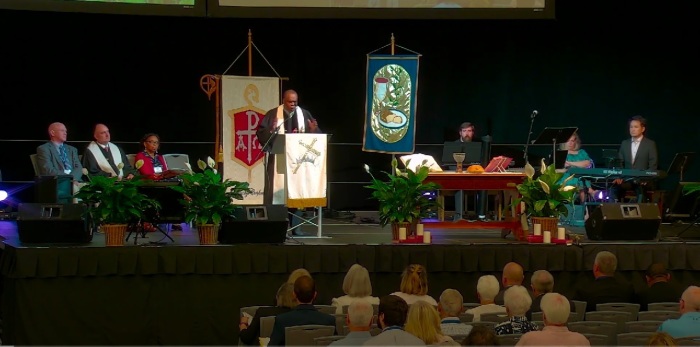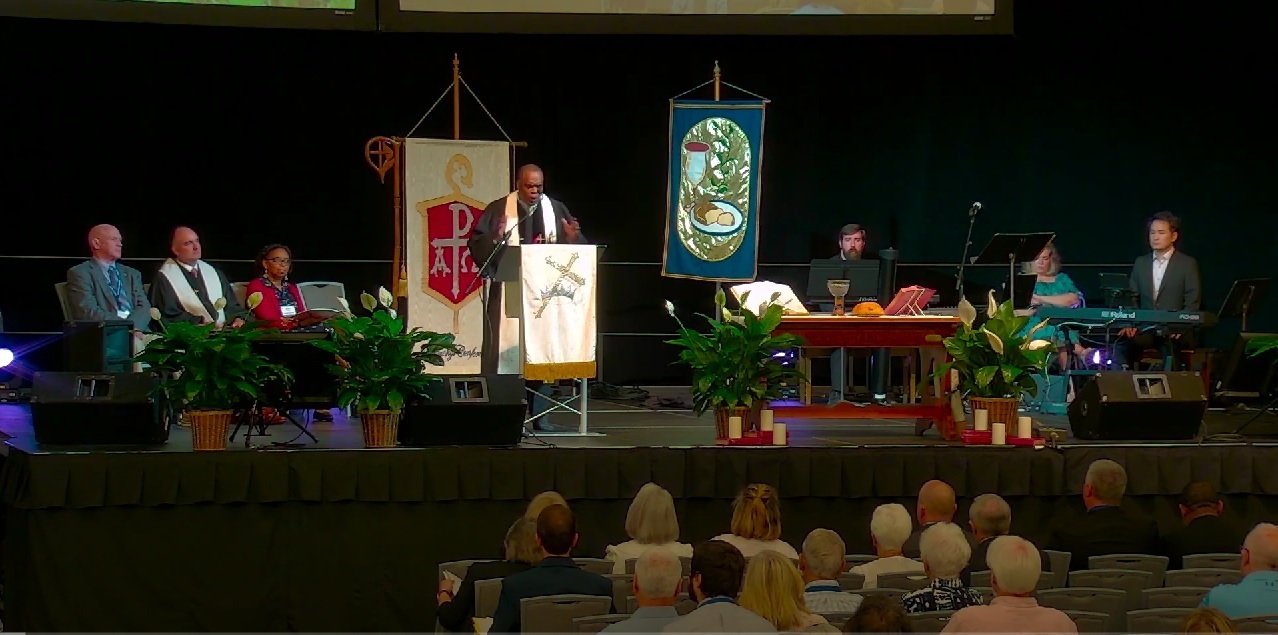
The United Methodist Church’s highest court will soon determine whether congregations can continue to leave the denomination in response to its progressive stance on LGBT issues.
From 2019 to 2023, around 7,500 congregations used a temporary provision in the UMC Book of Discipline to disaffiliate from the denomination in response to its debate over sexual ethics.
The United Methodist Judicial Council has been asked by the Kentucky and Alabama-West Florida conferences about whether another provision in the Book of Discipline can be used to exit the denomination.
According to the UMC Kentucky Conference, the Judicial Council will consider the matter at their meeting in Los Angeles, California, from Oct. 23-26.
For decades, the UMC debated whether to change its rules to allow for the blessing of same-sex unions, the ordination of noncelibate homosexuals, and the funding of LGBT advocacy groups.
Although efforts to change these rules at the General Conference were always voted down, progressive leaders within the UMC oftentimes refused to follow or enforce the regulations.
At a special session of the General Conference held in February 2019, delegates voted to add Paragraph 2553 to the Book of Discipline. The measure, slated to expire at the end of last year, created a process for congregations to leave the UMC over the debate.
Approximately 7,500 congregations disaffiliated from the denomination during that time, with thousands joining the theologically conservative Global Methodist Church.
Earlier this year, at General Conference, delegates removed the language from the Book of Discipline prohibiting gay marriage, gay ordination, and the funding of LGBT political groups.
Even after Paragraph 2553 expired, however, churches have continued to leave the denomination through Paragraph 2549 of the Book of Discipline, which is in regards to closing down churches.
According to Paragraph 2549, a district superintendent can recommend that a local church be closed if it “no longer serves the purpose for which it was organized or incorporated.”
From there, conference leadership can declare the property closed and then “may retain, sell, lease, or otherwise dispose of the property of a closed local church in accordance with the direction of the annual conference, if any.”
The UMC South Carolina Conference used Paragraph 2549 to allow churches to leave during and after Paragraph 2553 was in effect, having adopted a measure they called “Local Church Discernment Process.”
South Carolina Conference spokesperson Dan O’Mara explained to The Christian Post in an earlier interview that disaffiliating churches used the Paragraph 2549-inspired process “which is typically employed when a local church is closed because it no longer serves the purpose for which it was organized.”
“On June 6, 2023, members of the 2023 South Carolina Annual Conference approved the closure of 113 local churches whose members had voted to separate,” O’Mara noted.
“These churches completed the Local Church Discernment Process, having determined that they could no longer function as a United Methodist church because they firmly believe that the denomination has not consistently upheld its stated doctrine on issues of human sexuality.”







